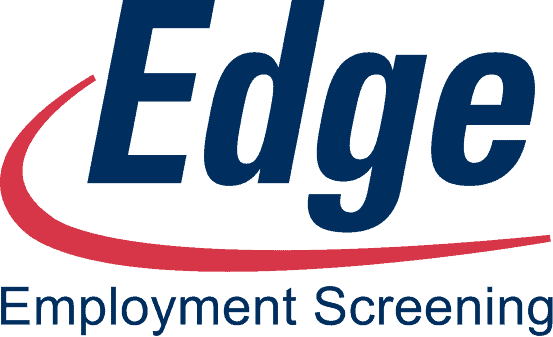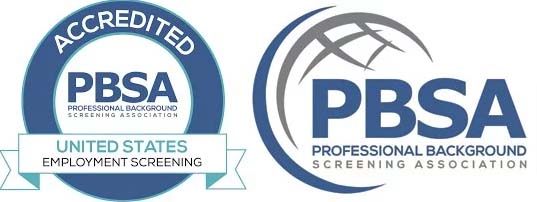As everyone is aware, 2021 has been quite the year. With a new administration in Washington and COVID still wreaking havoc across the globe, many of the challenges we faced in 2020 continued into 2021. We have had to constantly adapt to keep our businesses running, keep our families safe, and keep our employees working all while trying to follow what the science and government recommended and/or mandated. While tackling these issues, there were also challenges related to background screening and drug testing.
This is not going to be a COVID-19 rehash on how to run your background screening and drug testing programs during this pandemic. With that being said, the healthcare industry has taken a hit, and their main concern in 2021 and now continuing into 2022 is how to deal with their staffing shortages. Specifically, hiring healthcare individuals as quickly as possible while following all the background screen regulations within a particular state. The following are my observations regarding some of the challenges from 2021 that I believe are important and will continue to be prominent in the year to come.
The disappearance of certain criminal records. More than 70 million Americans (1 in 3 adults) has a criminal record. Last year, we saw an increase across the United States for the opportunity of some individuals to expunge/seal their criminal records that contain lower-level misdemeanor offenses, and in some states even certain felonies. In some areas like California and Michigan just to name two, criminal records can be expunged without the individual requesting expungement. In years past, expungement would cost the individual hundreds of dollars in legal and administrative fees. However, some jurisdictions are waiving these fees. There are also a handful of law schools who offer free expungement services. Of course, most of the offenses are low-level drug offenses and/or petty crimes that are dated. However, a word of caution if your organization is directly receiving criminal information from a proprietary data provider. Because the criminal information is obtained from a data base, you could be receiving information that was expunged or sealed. This may lead to legal challenges to your background screening program. However, here at Edge, we confirm all criminal record information with the source jurisdiction before we provide you the information. You can rest assured that you are receiving reportable information that you can utilize in your hiring decision.
Identifiers to confirm criminal records. There are two aspects to identifiers I would like to discuss. The first is that we have seen an increase in temporary court closures throughout the United States. Many courthouses have a terminal which researchers utilize to quickly see if an individual has any court record. If the individual’s name doesn’t appear that individual is deemed to have a clear record. Often, these terminals have just a name and perhaps a partial date of birth. If the terminal indicates a possible record, then the researcher will confirm additional identifiers with a clerk of court for that jurisdiction. This allows the researcher to determine if the record belongs to the individual (using reasonable procedures to assure maximum possible accuracy per the FCRA and recently confirmed by the Consumer Financial Protection Bureau (CFPB)). Here is the rub – Courts are not immune to COVID; therefore, some courthouses close to the public if they don’t have enough clerks to confirm records. Also, we have seen that some of these courthouses – like employers thought the United States – are having difficulties with turnover of the clerks. If lengthy delays are expected, Edge will provide alternatives for requesting criminal information in these pertinent areas. Secondly, Michigan and California have endeavored to mask the date of birth as an identifier from their criminal records. In Michigan, a change in Court Rules would limit the Personally Identifiable Information (PII) provided by the courts impacting public records research and reporting. The good news – As of December 6th, 2021, the Michigan Supreme Court accepted new rules with help from the Professional Background Screening Association (PBSA) which will allow PII to be accessed by background screening companies in the Spring of 2022. In California, a decision by the California Court of Appeal has resulted in California Courts refusing to respond to research requests, limit the number of queries that can be made in person, or limit the amount of PII provided when a potential record is found. These decisions are being implemented in courts across the state with little to no notice and are impacting public records research and reporting. This issue is still ongoing and PBSA is working on potential legal avenues to again having PII returned from the courthouses to the background screening companies.
As with last year, other areas in the industry where we have seen an increase of emphasis this year and in the future from government regulators are individual privacy, Ban The Box, additional jurisdictional requirements for compliance with providing adverse action notices, limitation on access and use of employment credit reports, steady increase in class action lawsuits as it relates to employment background screening, and more technology with the emphasis on compliance to streamline companies background screening programs.
As with every year, the background screening industry is still evolving and hitting these challenges head-on.
Happy New Year to all!
Norm Gagnon, Dr K(no)w






